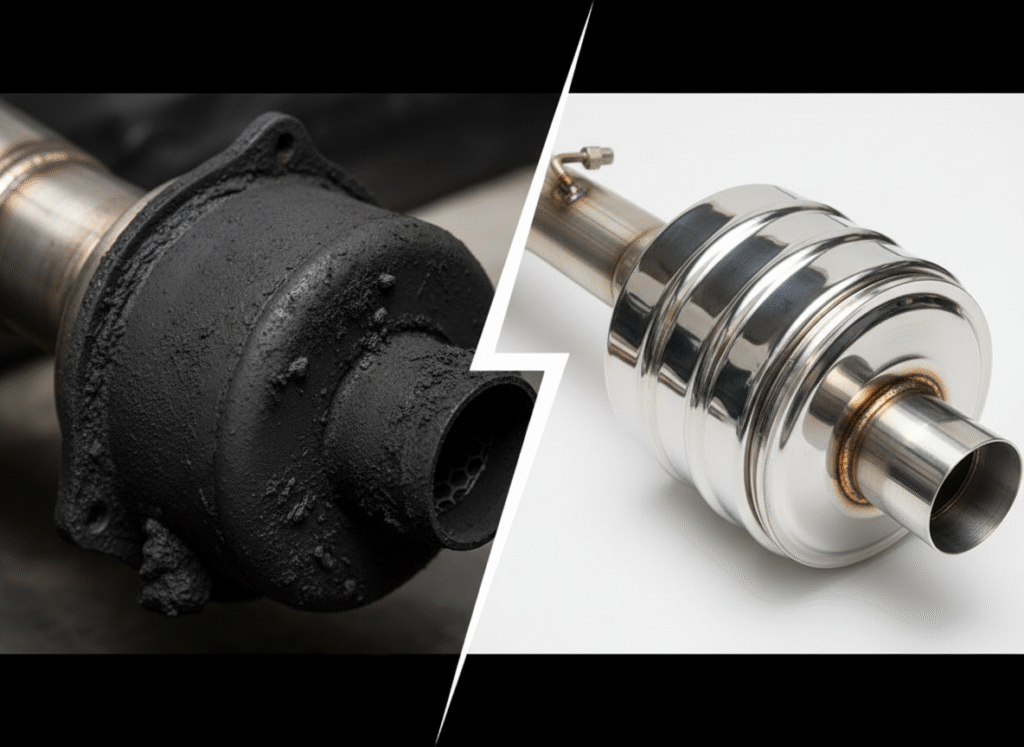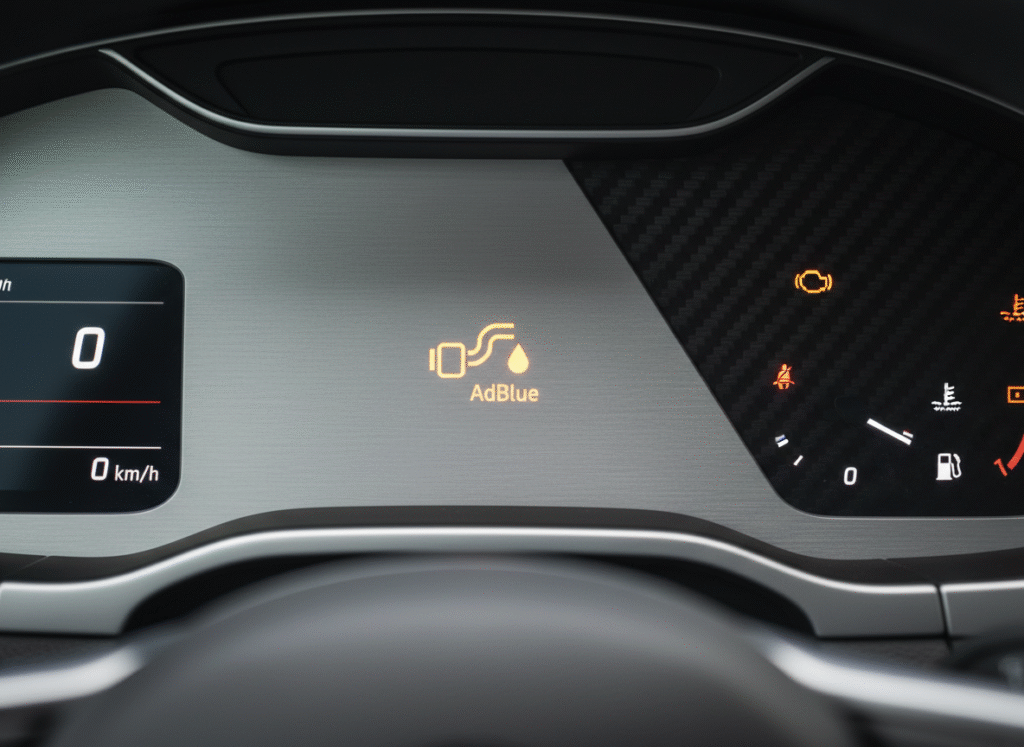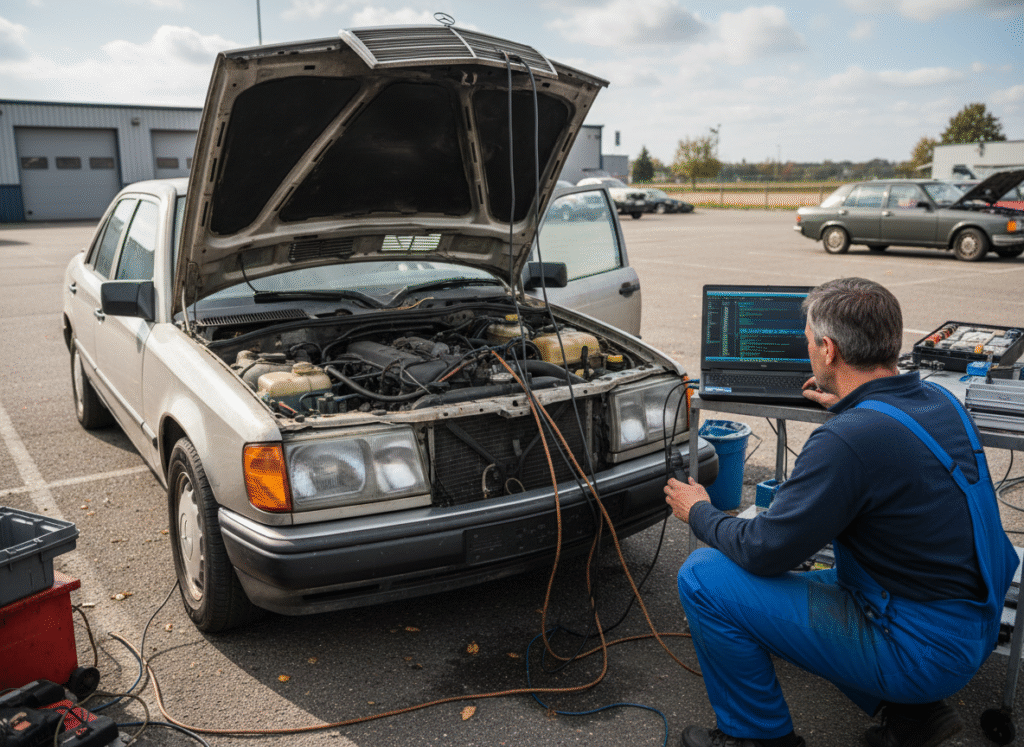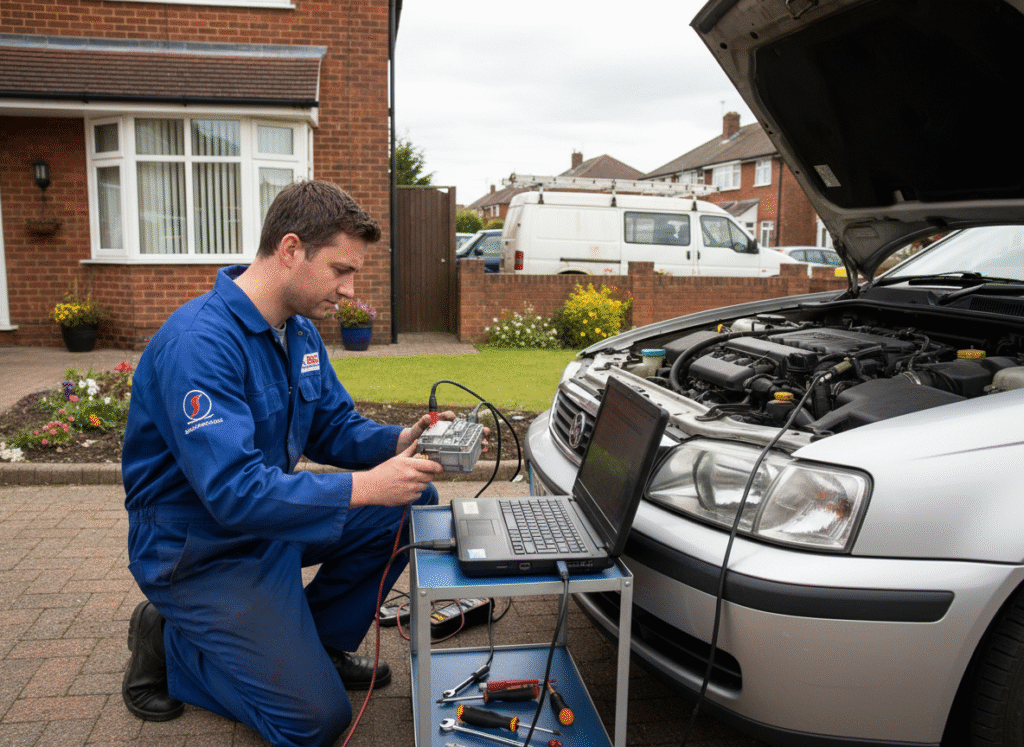Chances are your EGR system is the issue.
This guide is your no-nonsense breakdown of EGR Solutions: Optimizing Your Diesel Engine Performance.
We’re going to hit key points fast—power gains, fuel savings, emission compliance.
Here’s what we’ll cover:
-
What the EGR system does
-
How it fails
-
How to fix it without wrecking your engine or your wallet
-
What legal options you’ve got in the UK
Let’s get straight into it.
What Is the EGR System in Diesel Engines?
EGR stands for Exhaust Gas Recirculation.
It’s a system that pushes a small amount of exhaust gases back into the engine.
This reduces combustion temperatures and cuts NOx emissions.
In the UK, this system is vital for passing MOT and staying legal in emissions zones like London’s ULEZ.
But over time, soot builds up and clogs things.
That’s when problems start.
Common EGR System Problems in Diesel Engines
Here’s what breaks most often:
-
Clogged EGR Valve: Soot and carbon block the valve
-
Carbon Buildup: Layers of grime stop parts from working
-
Sensor Faults: Engine gets bad data, runs rough
-
EGR Cooler Fails: Overheats, leaks or blows
Signs you’ll notice:
-
Rough idling
-
Engine knocking
-
Drop in MPG
-
Sluggish throttle
-
Exhaust smell in the cabin
How EGR Solutions Optimize Diesel Engine Performance
Fixing the EGR system isn’t just about passing tests.
Here’s what you actually get:
-
Cleaner combustion
-
Less soot = fewer DPF regens
-
Turbo works better with smoother boost
-
Throttle response improves
-
Engine lasts longer
Real drivers report big changes in how their car feels.
Cleaner EGR = cleaner engine.
Why UK Diesel Drivers Need EGR Solutions More Than Ever
You can’t ignore emissions anymore.
Here’s why:
-
More UK cities rolling out ULEZ-style zones
-
Diesel taxes tied to emissions
-
MOTs getting stricter
-
Fleet owners under pressure to keep vans road legal
If your EGR system fails, you don’t just pollute—you pay fines, fail MOTs, and lose fuel money every mile.
EGR Cleaning vs EGR Delete: What’s Right for You?
EGR Cleaning Pros:
-
Keeps emissions legal
-
Cheaper than replacement
-
Safe and quick
Cons:
-
Only a temporary fix if valve is badly damaged
EGR Delete Pros:
-
Better performance
-
Better MPG
-
No more clogging
Cons:
-
Not road legal in the UK
-
Can fail MOT
UK Legal Options:
-
OEM part replacements
-
ECU remapping to optimise EGR function
Real Example:
One UK van driver saw a 25 percent boost in fuel economy after a clean and ECU tune—passed MOT with flying colours.
Signs You Need EGR Repair or Optimization
Watch for these:
-
Dashboard warning lights
-
Lower MPG
-
Smell of exhaust in the cabin
-
Hesitation or delay in acceleration
-
Engine misfires
If you notice more than one of these, it’s time to act.
Our EGR Optimization Services in the UK
We make it easy to get sorted, fast.
What we offer:
-
EGR diagnostics with full scan tools
-
Safe valve replacements
-
Cooler inspections and fixes
-
Legal ECU tuning
-
Mobile services across the UK
-
Fleet servicing for vans, lorries and diesel fleets
We don’t mess about—our team fixes the problem or tells you exactly what’s next.
EGR Solutions for Fleet Managers & Businesses
If you run a diesel fleet, EGR failure costs you:
-
Time off the road
-
Missed deliveries
-
Failed compliance
We help with:
-
Custom maintenance plans
-
Legal tuning to pass emissions
-
On-site service for downtime prevention
Stay ahead of breakdowns.
Performance Gains From EGR Optimization
Here’s what you can realistically expect:
-
Up to 20 percent better fuel economy
-
Less turbo lag
-
30 percent fewer DPF regens
-
Smoother acceleration across all gears
That’s real money saved and less stress behind the wheel.
Why Choose Our UK-Based EGR Experts?
-
Based in the UK—no overseas wait times
-
Fully trained diesel mechanics
-
Fast turnaround
-
We know MOT emissions standards
-
5-star reviews across Google and Trustpilot
Get it fixed right the first time.
FAQs
What happens if I don’t fix a faulty EGR?
You’ll see more smoke, less power, and probably fail your MOT.
Is EGR delete legal in the UK?
No, not for road use. You’ll fail MOT and risk a fine.
How often should an EGR be cleaned?
Every 30,000 to 50,000 miles depending on how you drive.
Can a faulty EGR damage my turbo or DPF?
Yes. Excess soot causes stress on both systems.
Do I need to remap after EGR replacement?
It’s optional but highly recommended to get the best results.
Final Word
If your diesel is underperforming, EGR issues might be the root.
Get it cleaned, replaced, or tuned by someone who knows what they’re doing.
EGR Solutions: Optimizing Your Diesel Engine Performance starts with a proper fix.
Stop wasting fuel. Start saving money.
















